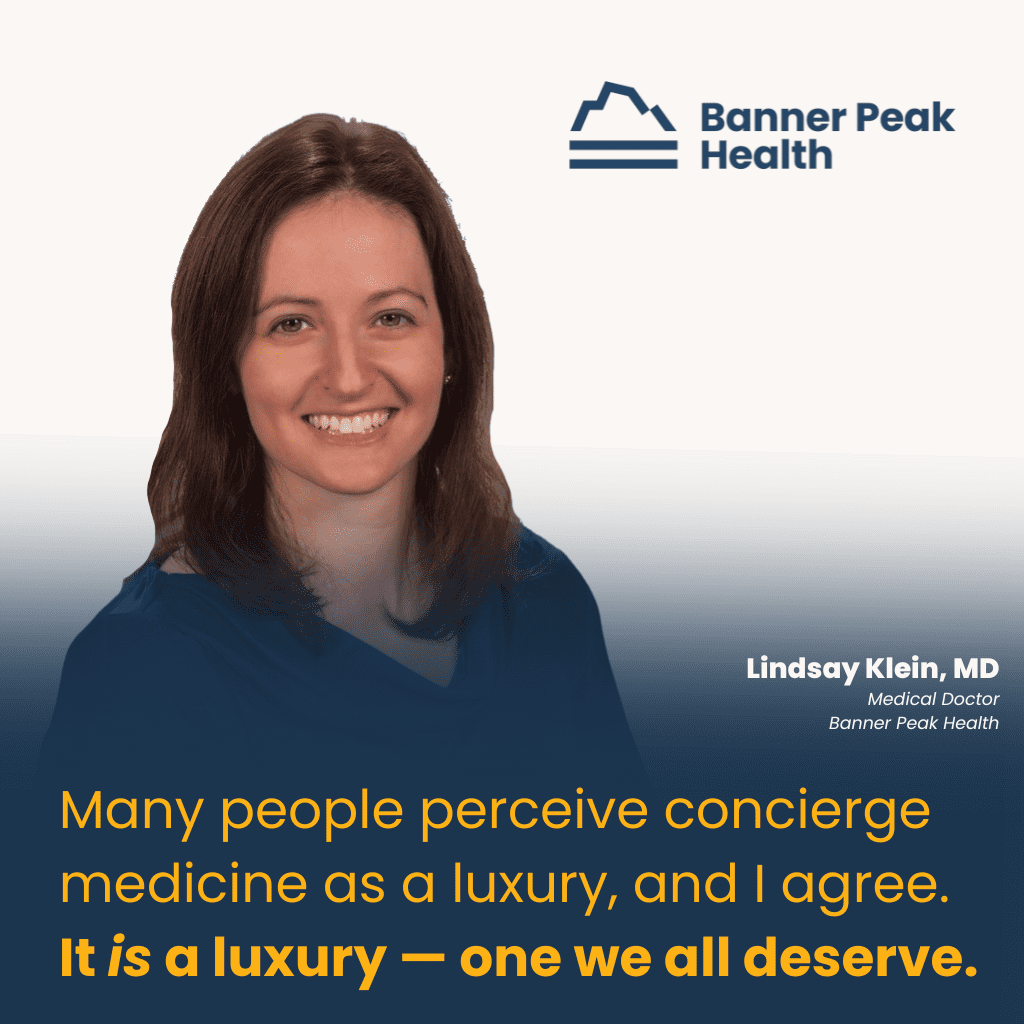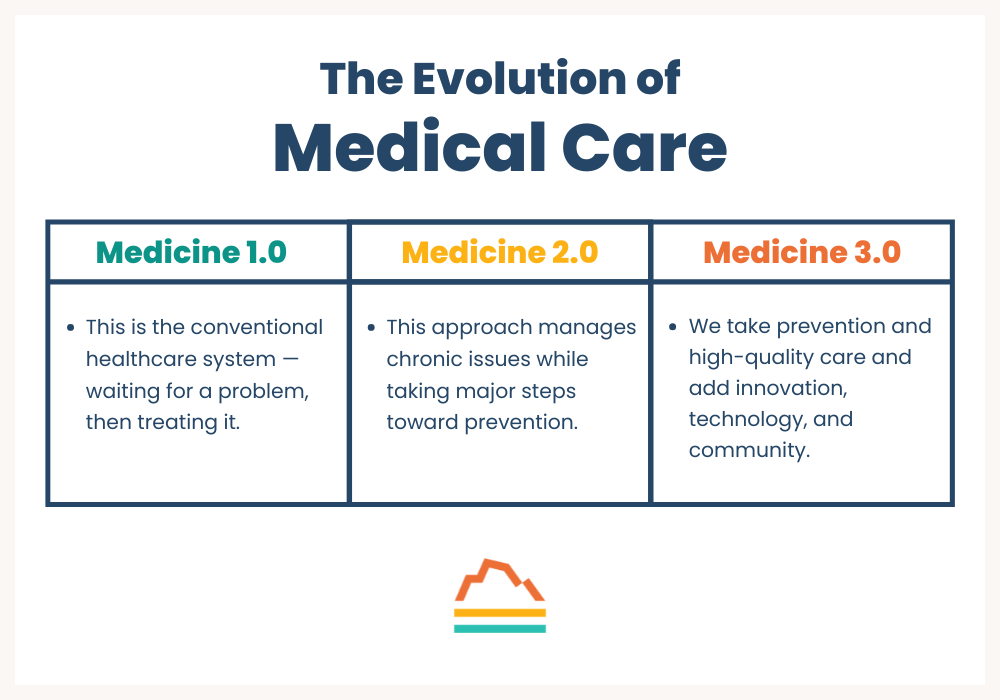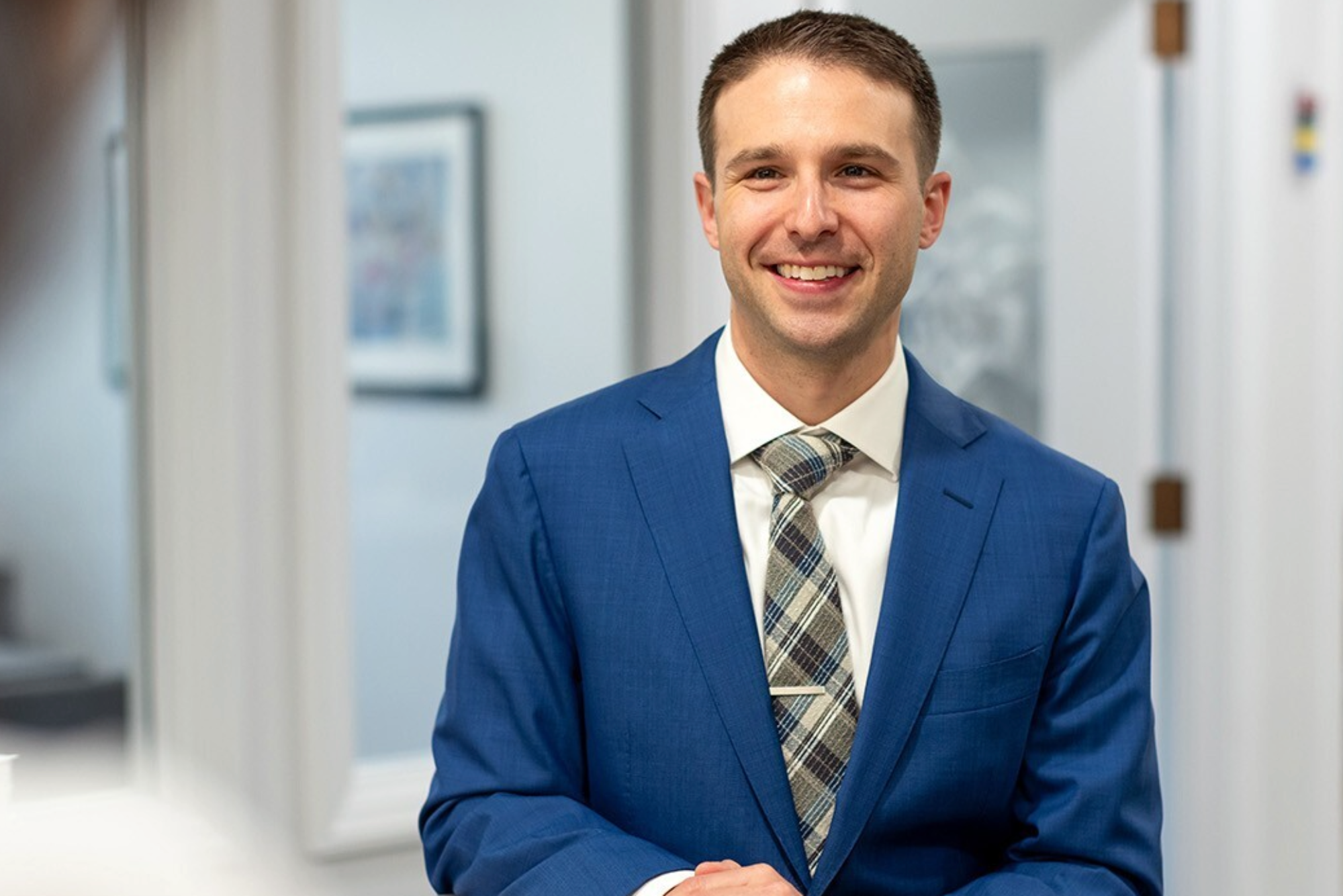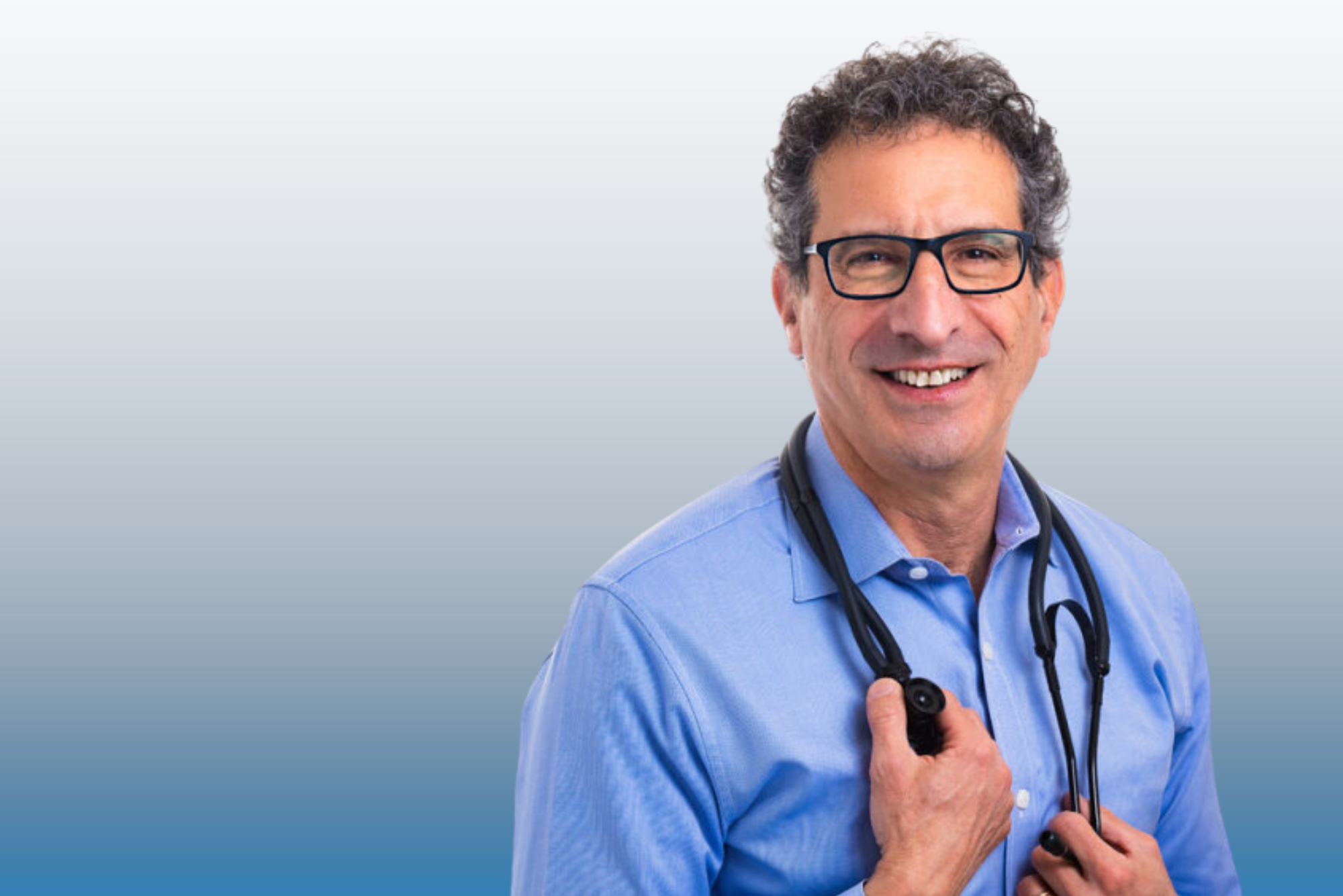As a child, I dreamed of becoming a physician.
I envisioned building relationships with patients, understanding their unique needs, and providing thoughtful, individualized care. As I pursued the long journey through medical training, I discovered that connecting with my patients provided the greatest meaning and satisfaction.
When I began practicing primary care, I hoped to maintain those connections. Instead, I found myself trapped in a system that prioritized efficiency over relationships.
The Reality of Traditional Medicine
Every patient encounter felt rushed. I tried to take my time with each person, but with 15–20 patients scheduled daily, I had just 20 minutes — often less — for each appointment. After getting patients settled in rooms, the actual conversation lasted mere minutes.
Patients would say, “One more thing,” and I’d have to respond, “We don’t have time for that today. You’ll need to make another appointment.” That response made me feel terrible.
I wasn’t providing the care patients deserved, and I wasn’t satisfied with my work.
The Moment Everything Changed
Over time, the administrators at my practice chipped away at each doctor’s autonomy. Then came a pivotal moment — a new policy about working in urgent care — when I realized I had become just a cog in a machine.
There was no recognition of the importance of continuity between doctor and patient. Everything was reduced to a numbers game, focused on efficiency and shifting patients to urgent care where they saw providers who didn’t know them.
That day, I called a colleague who had left the practice and asked, “What am I doing here?”
Her advice was simple: “Hang up and call Barry Rotman.”
A Luxury We All Deserve
Many people perceive concierge medicine as a luxury, and I agree. It is a luxury — one we all deserve.
Concierge care makes the doctor-patient relationship special again, transforming healthcare from transactional to relational.
Some patients tell me they already have a great relationship with their doctor in a traditional practice. That’s wonderful, but it’s the exception, not the rule. That doctor is likely bending the rules or pushing against the system to provide that level of care. Even then, what patients think is great care could be better in a concierge model.
This belief is so strong that I use concierge care myself. I’ve seen both sides of medicine, and I know which type of care I want for my health.
How Concierge Medicine Benefits Patients
The most obvious benefit is time — not just time spent face-to-face with patients, but time spent behind the scenes.
I can call specialists about my patients, coordinate with radiologists about imaging studies, and dig deep into the minutia of all facets of their health.
Time also allows me to practice what I call medicine 2.0 and 3.0, with more flexible appointment types. I can schedule quick phone calls, video visits, or Zoom meetings.
This flexibility helps meet people where they are and work on their specific goals.
The Evolution of Medical Care
Medicine 1.0
This is the conventional healthcare system — waiting for a problem, then treating it. It’s reactive medicine that leads to poor health outcomes with little emphasis on prevention.
Medicine 2.0
This approach manages chronic issues while taking major steps toward prevention.
We work to prevent cancer, neurodegenerative disease, and cardiovascular disease — still the number one killer in the United States. We examine family history and personal factors to create individualized prevention plans.
Medicine 3.0
We take prevention and high-quality care and add innovation, technology, and community. We build on a good model to make it great.
Addressing What Matters Most
In traditional care, doctors lack the time to address issues like stress management, even though stress impacts everything from sleep to exercise to heart rate variability.
In the concierge model, we have time for these conversations. We can develop tailored strategies for stress management that fit into each patient’s busy life.
Traditional medicine stays surface-level. There’s no opportunity to uncover that stress might be the root cause of multiple symptoms. In concierge care, we can dig deeper.
What Motivates Me Every Day
The most rewarding aspect of practicing concierge medicine is the bond I form with each patient. This connection gets me up in the morning and keeps me going.
It’s hard to help patients if you don’t know them well. Now I have the privilege of truly knowing my patients and providing care that addresses their unique needs.
Today’s Takeaways
Having a doctor who knows you personally, coordinates your care, serves as your cheerleader, and helps with both small issues and nebulous health challenges isn’t just life-changing — it can be lifesaving.
By joining Banner Peak Health, I’ve met my original goals as a doctor: to be present for my patients and to practice quality medicine joyfully. I now have the time to care for the whole person and honor each patient’s individuality.
I’m thrilled to have begun this new phase of my career.

Lindsay Klein, MD
After years of feeling constrained by traditional medicine's time pressures and administrative demands, Dr. Klein joined Banner Peak Health to return to her original calling: building meaningful relationships with patients and providing truly individualized care.





